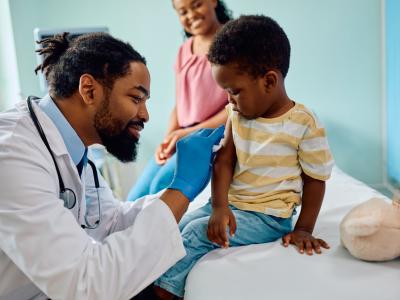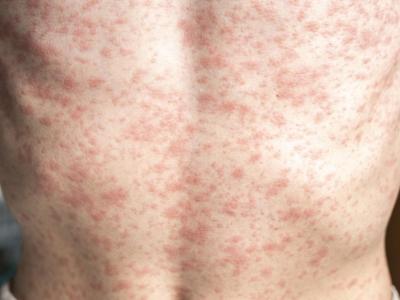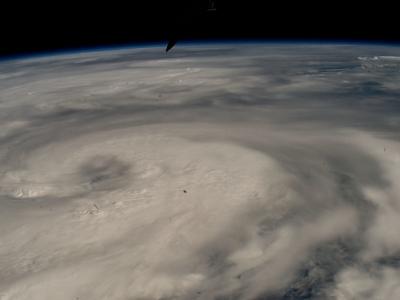Lab tests in South Korea confirmed 4 more MERS-CoV infections, all in people who had visited hospitals, pushing the total in the healthcare-linked outbreak to 126.
The number announced today was the lowest daily total since Jun 5, and the country's health ministry for the first time reported that the number of contacts being monitored has dropped, according to media sources.
New cases, death
One additional fatality was reported, in a 72-year-old woman who died at a hospital in North Jeolla province, according to Yonhap News. Her MERS-CoV (Middle East respiratory syndrome coronavirus) infection was confirmed on Jun 4, after she was hospitalized for 8 days in St. Mary's Hospital in Pyeongtaek, where the outbreak began. The country has now confirmed 11 MERS-related deaths.
So far no cases outside of healthcare facilities have been reported.
The index patient, a man who got sick after returning from travels to four Middle East countries in mid-May, had been hospitalized at the Pyeongtaek hospital. He spread the virus to other hospitalized patients, visitors, and healthcare workers, some of whom sought care elsewhere, sparking other similar clusters, such as a large one at Samsung Medical Center in Seoul.
The health ministry today put the number of contacts in isolation at 3,680, down from 3,800 the day before, according to Yonhap News. The ministry said 1,249 people had completed monitoring, a sign that the spread of the disease might be slowing.
WHO update
The World Health Organization (WHO) said today that South Korea notified it of 62 more cases, as well as 6 deaths, between Jun 8 and Jun 12. It didn't list epidemiologic details for each patient as it has done over the past several days, but said the median age is 56 years, ranging from 18 to 84 years.
The majority (59%) of the 62 patients are men, and 10 of them are healthcare workers.
The WHO added that so far all of the cases are linked to a single transmission chain and—except for the index case—are linked to health facilities. So far health officials have identified 44 hospitals or clinics where transmission occurred or patients visited before they were diagnosed.
More cases are likely to be detected, given the large number of contacts still under monitoring, the WHO said. It also noted that South Korean health officials conducted large-scale screening on Jun 10 at about 3,000 health facilities to look for other possible MERS-CoV cases.
Joint mission report expected, emergency committee to meet
In addition, a joint mission between a WHO expert team and South Korean health officials began on Jun 10 and will conclude tomorrow with a press briefing to discuss the findings and make recommendations. WHO sources said the briefing—at 11:00 am Seoul time—will be streamed on the health ministry's Web site and broadcast live by Korean Broadcast Service.
In a related development, the WHO's emergency committee on MERS-CoV will meet soon to discuss the latest developments, Agence France-Presse (AFP) reported today, citing WHO spokesman Tarik Jasarevic, who addressed reporters in Geneva. Jasarevic, however, didn't specify a date.
The event would be the group's ninth such meeting since the first human infections emerged in 2012.
The emergency committee last met in February. At that time it said that although the threat of international spread remained concerning, the transmission pattern—mainly sporadic infections in the Middle East with some clusters in the community and health settings, but without sustained transmission—didn't appear to have changed. It concluded that the conditions for a public health emergency of international concern had not been met.
See also:
Jun 12 Yonhap News story
Jun 12 WHO update
Jun 12 AFP story





















